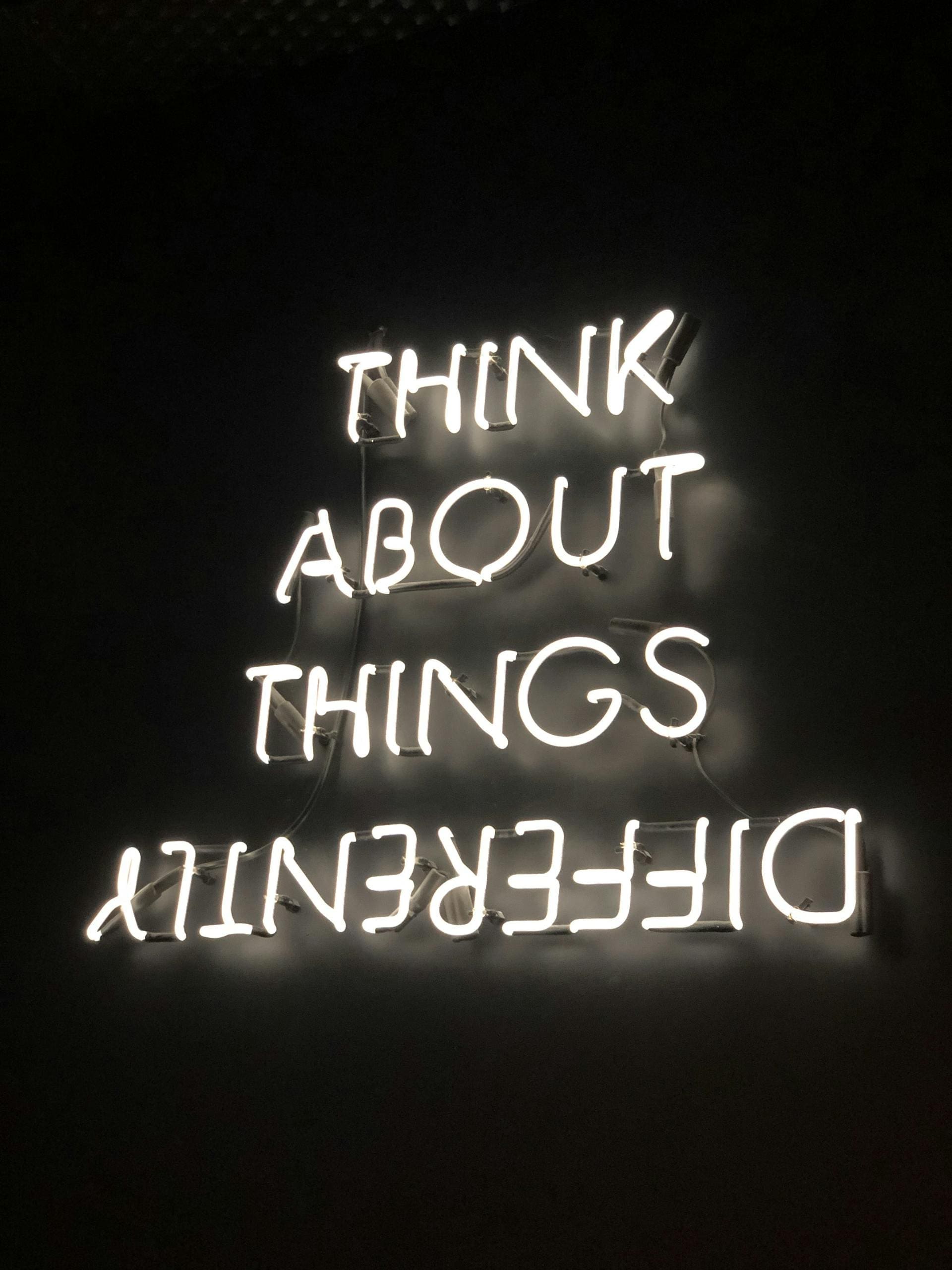Autism is Not a Side Effect
There has to be something much more fundamentally different about the autistic brain than just a reaction to vaccines or any other environmental trigger. The kinds of differences we see—in how we process information, approach learning, and interact with the world—run deeper than any single “cause” or side effect.
If autism were just a matter of postnatal inflammation, trauma, or a reaction to some substance, you wouldn’t see the same consistent traits, strengths, and patterns across generations and cultures, even long before modern vaccines existed. My own experience, and that of others like me, points to a brain that’s built and wired differently from the start—not broken, just different.
The strengths I have, the way I learn, the way I can break down complexity and rebuild understanding, aren’t the result of an injury or negative side effect. They’re part of how my brain is designed to work.
If we keep insisting on simple, blame-based answers, we miss what actually makes autistic people unique—and we ignore the reality that these differences have existed for generations, long before anyone even dreamed of the vaccine debate.
If you’re viewing this whole discussion through the lens of, “My child or grandchild has a problem that makes life challenging,” then you’re treating our experience as if it’s just a disease or a deficit. But the reality is—we think differently than you. We process information differently. We fundamentally operate differently. We didn’t just “come down with a case of the autisms.” We are neurologically different, right down to how our brains are wired.
Reducing all of that to a vaccine side effect or some kind of injury really misses the point. It sidesteps the depth and complexity of what it means to be neurodivergent. Our differences aren’t just the result of something gone wrong—they’re real, foundational, and have always existed in humanity, whether they’ve been understood or not.
Certainly, autism—like every form of human brokenness and limitation—is ultimately a byproduct of the Fall. Not everything about being autistic is positive, and I won’t pretend it’s all a blessing. There are real struggles, real challenges, and sometimes real suffering that come with it.
But those differences aren’t just incidental or random—they are fundamental. They shape who we are at the deepest levels, not just something that happened to us or something that can be simply “fixed.” Autism isn’t a separate disease layered on top of an otherwise “normal” person; it’s woven into how we experience, process, and interact with the world.
Ignoring that complexity—reducing it to a side effect, or something to be erased—doesn’t do justice to the reality of our experience or the truth of how God has ordered creation, even in a fallen world.
Liked what you read? Subscribe for free.
Never miss out — Be notified of my latest articles!






